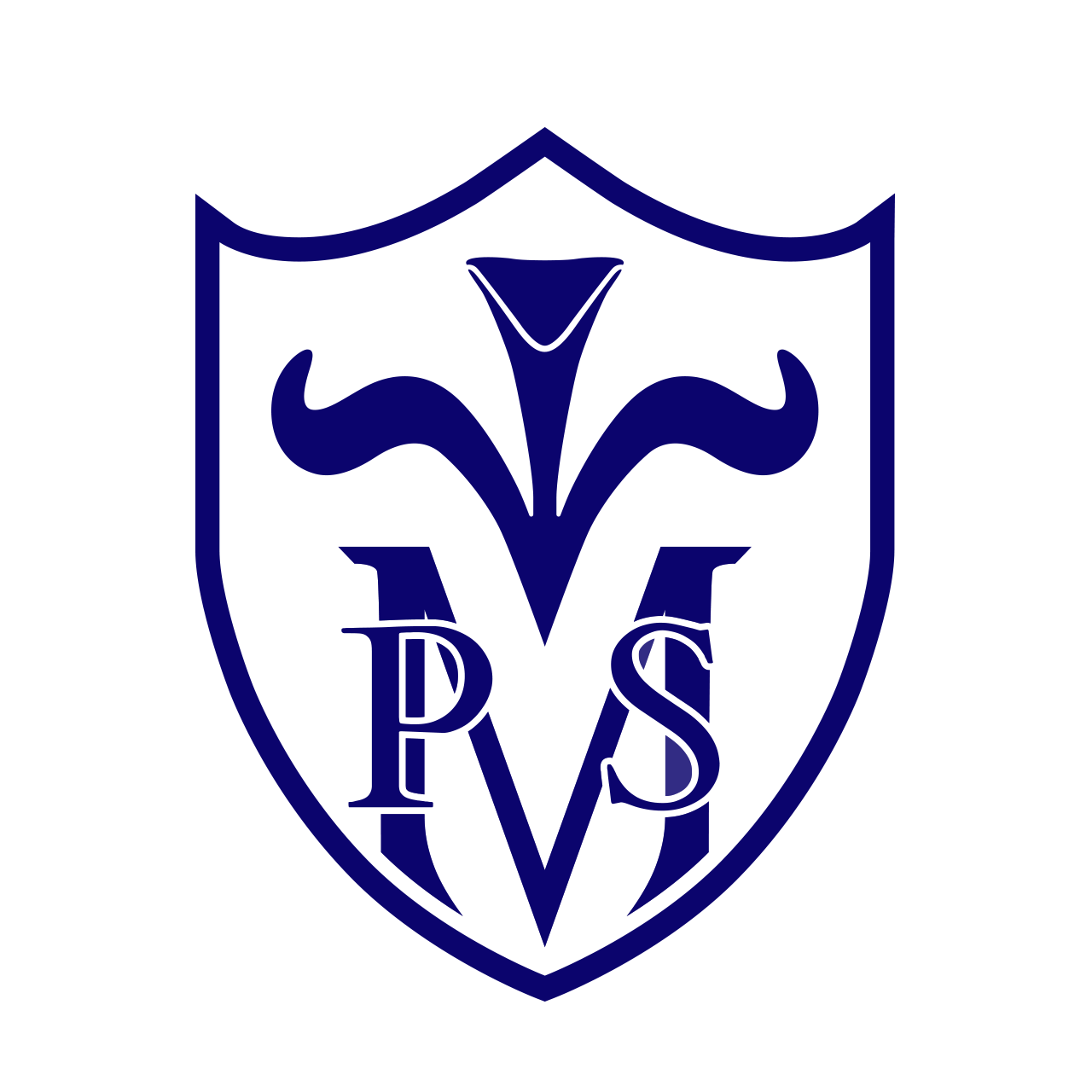Homework
Homework expectations
Research shows reading is one of the best ways to promote a child's brain development. Even before he/she can recognise letters or words, reading kick starts language and communication skills. Hearing words and seeing pictures connects the two in a child's mind. Even though most children can read independently, it is still really important for them to read regularly. They should be reading for around 20 minutes every day. It is good for children to experience reading in different ways:
- Enjoying a book on their own (every day)
- Reading to an adult (several times a week)
- Talking about what is being read (several times a week)
- Listening to an adult read to them (regularly)
Children will be expected to record their reading in their reading records.
Over the course of the year children should read the reading spine books for their year group.
Studies have shown repetition provides the practice that children need to master new skills. Repetition helps to improve speed, increases confidence, and strengthens the connections in the brain that help children learn. Therefore, to help children to learn their spellings and times tables we encourage short bursts of repeated practice.
- Times tables practice 5-10 minutes a day
- Spelling practice 5-10 minutes a day
Spellings and timetable practice can be completed on maths shed and spelling shed or using the sheets we provide for them. Spellings will be tested on a Monday following which a new set will be handed out. Times tables are tested on a Friday and a sheet will be provided following this. During Autumn term we will have a times table of the week for all children to focus on.
Additionally, children have all been given their own personal list of spellings to work on which have been added to spelling shed for them improve upon throughout the term.
Parish Passports
If any of the tasks are completed in school, parents will be made aware on the school website.
